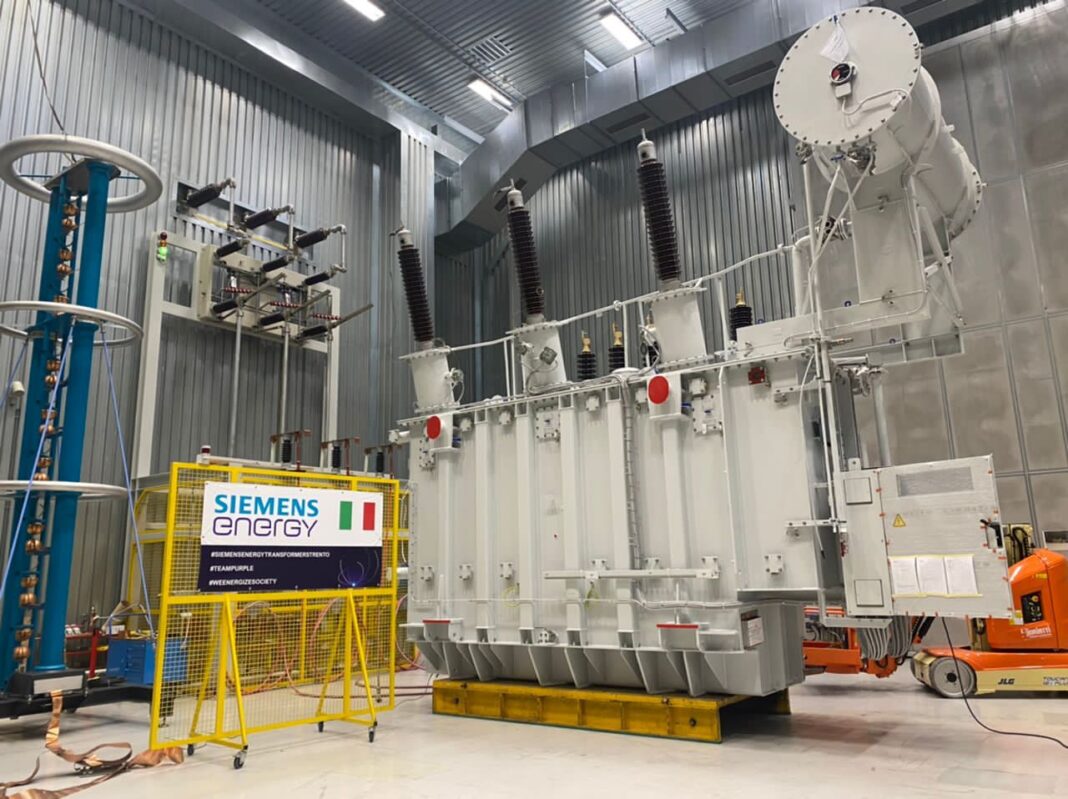Despite recent improvements in power generation nationwide, residents and businesses across Kaduna, Kano, and Katsina states say electricity supply remains erratic, unreliable, and often too weak to support daily needs.
Ordinarily, the rainy season brings relief to consumers, as hydro plants generate more power with increased water levels. Yet this year, many communities are reporting worsening conditions—blaming poor distribution, vandalism of infrastructure, and the refusal of some consumers to pay bills. Distribution companies (DisCos) insist they are balancing industrial demand, metered households, and residential areas, but consumers say the reality tells a different story.
Katsina: Small Businesses Struggle to Survive
In Katsina, the unstable power supply has pushed thousands of business owners into hardship. Bakeries, welding shops, fabrication workshops, and other small enterprises heavily dependent on electricity are collapsing. Even when power is available, low voltage damages appliances and makes refrigeration almost impossible.

Dr. Isma’il Balarabe, a local entrepreneur, explained:
“Our businesses have crashed. Sometimes, we don’t have power for even an hour in a whole day.”
Another resident, Dr. Muktar Alkasim, lamented that electricity in the state is too weak to sustain any form of business. Shop owner Mrs. Ngozi Anosike said she abandoned her soft drink business after repeated losses:
“We can go seven to ten days without electricity. When it comes, it barely lasts an hour—and the voltage is too low to power anything.”
Households are also feeling the pressure. Many residents can no longer store food or frozen goods, forcing them to spend more and waste less.
Kano: Unequal Distribution Sparks Outrage
In Kano, complaints focus on the growing disparity between commercial and residential consumers. Businesses in high-tariff zones report up to 22 hours of steady power, while ordinary households remain in darkness.
Residents of Naibawa and Kuntau described the situation as “frustrating,” noting that electricity often comes only at midnight and disappears by dawn. At the same time, monthly bills have surged—some households claim their charges jumped from about ₦5,000 to over ₦17,000 in recent months, despite reduced supply.
While many families are disconnecting from the grid and switching to solar energy, industries paying millions in tariffs appear to benefit from preferential treatment.

Kaduna: Communities in Darkness
Kaduna residents also face worsening conditions. In Tudun Wada, Unguwar Sanusi, Rigasa, and other communities, power supply is limited to just one to three hours daily, with some neighborhoods going days without light.
For small business owners like Hadiza Adam, who runs a sachet water shop, profits have plummeted:
“We only get electricity late at night when customers are asleep. My business can no longer expand.”
Frustrated residents complain of paying bills for power they never receive. Some communities have formed vigilante groups to protect shops left vulnerable in the prolonged darkness.
Why the North Gets Less Power
Energy analysts say northern states face structural disadvantages. Fewer industries, widespread electricity theft, and weak distribution infrastructure have lowered demand and made DisCos reluctant to allocate higher loads.
Sources also reveal that while about 4,000MW is generated nationally, northern DisCos are allocated a smaller share and sometimes even reject loads due to lack of capacity. Abuja reportedly receives more electricity because of its higher concentration of wealthier, paying customers.
Consumer advocates warn that without urgent government intervention, the electricity crisis will continue to deepen inequality:
-
Wealthy neighborhoods on premium “Band A” tariffs enjoy round-the-clock power.
-
Poorer communities face rationing, low voltage, or total darkness.
-
Businesses without access to solar or alternative energy are shutting down.
The Way Forward
Distribution companies say they are investing in upgrades and renewable energy, including solar plants in Kano, to stabilize supply. But for now, residents across Kaduna, Kano, and Katsina argue that electricity has become a luxury only the rich can afford.
As one Kaduna resident put it:
“In today’s Nigeria, if you want clean water, you drill a borehole. If you want your children educated, you pay for private schools. And if you want electricity, you must install solar. The more money you have, the better life you live.”




